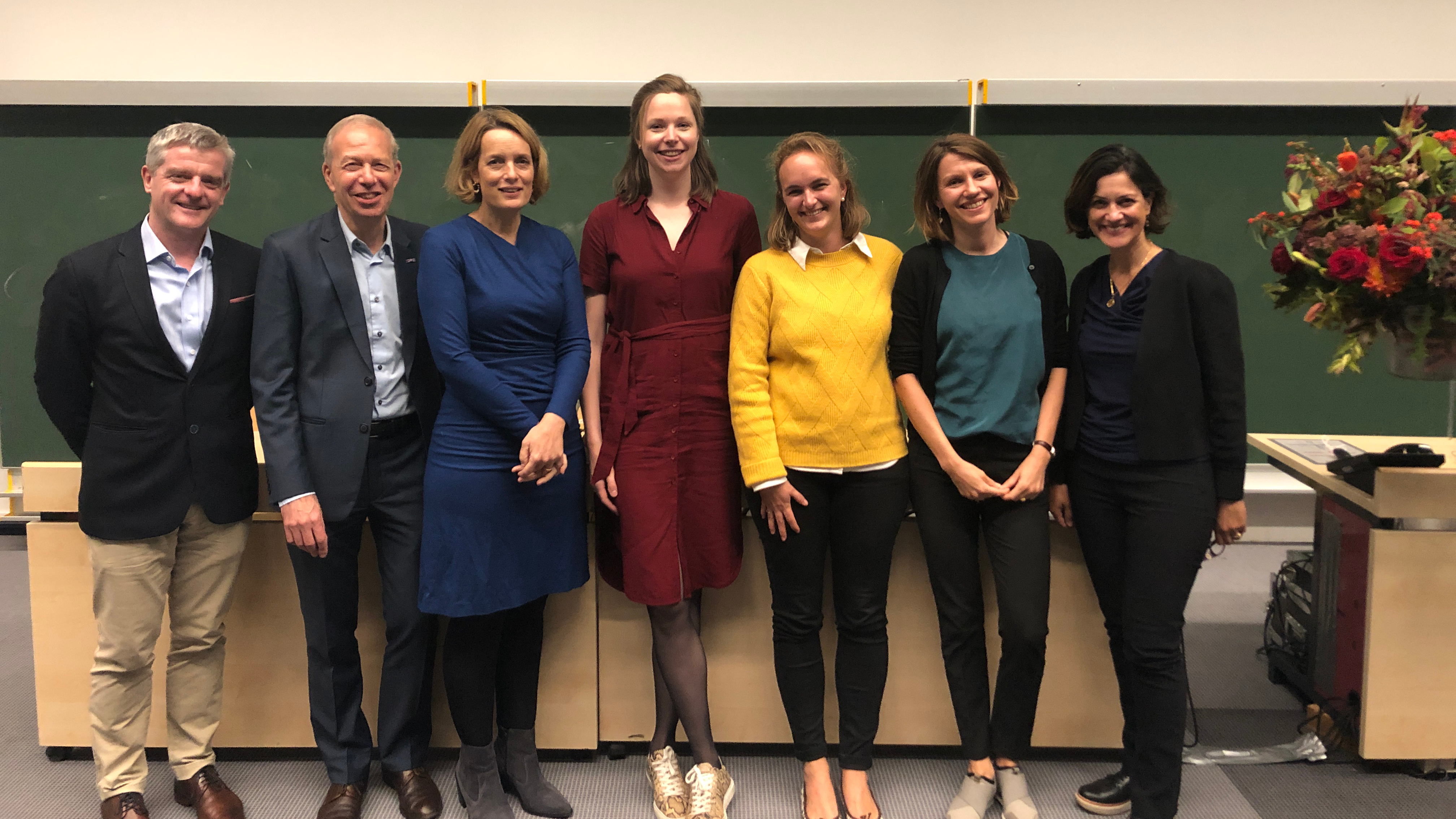
30 Oct Scientists discuss the future of care and research for people ageing with HIV at AIGHD symposium
The good news is that for people who have access to antiretroviral treatment (ART) HIV is now a manageable chronic condition. This is a tremendous achievement that has saved numerous lives.
One concern is that people living with HIV seem to contract more age-related illnesses than their HIV negative peers, so governments around the world need to set aside more financing to pay for the care that these people need. Scientists are now trying to figure out what is causing this increased risk of age-related illnesses: is it the HIV virus in the body, the medications used to treat the virus, additional lifestyle factors such as smoking or independent treatable health issues such as high blood pressure, or is it a combination of each of these?
A group of health practitioners, a prominent line-up of international and national researchers and students gathered at last week’s scientific symposium “Ageing with HIV: From pathogenesis to policy”, organized by AIGHD. The symposium was held in honor of the PhD defense of Rosan van Zoest, who successfully defended her PhD cum laude on the next day.
The event, amongst others, summarized our current understanding of HIV and non-communicable diseases (NCDs) and gave the audience projections about the expected future NCD burden in both high- and lower-income setting.
Prof. Serena Spudich from Yale University revealed an interesting fact about HIV.
There might be more HIV-infected cells hiding in the body of people living with HIV than researchers previously thought, according to Prof. Spudich.
“Even those who are on successful antiretroviral treatment (ART) might have HIV-infected cells stored in different parts of the body. Researchers are now studying if these HIV-infected cells could be a risk factor for age related illnesses such as cardiovascular diseases and cognitive impairment, which are observed more commonly in people living with HIV,” said Prof. Spudich.
Apart from Prof. Spudich and Dr. Rosan van Zoest, Prof. Patrick Mallon from University College Dublin, Dr. Mikaela Smit from Imperial College, London, and Prof. Anna Vassall from both AIGHD and the London School of Hygiene and Tropical Medicine spoke at the event.
The presenters all agreed that we need better screening tools for age related illnesses, and we need to work much more proactively in the HIV clinics to help people live healthier lives. Smoking, a lack of exercise, and overweight are typical risk factors for age-related illnesses. Even though researchers cannot say what precisely is causing the age-related illnesses, they know that both HIV related and non-HIV related factors play a role.
In low- and middle-income countries, the question of how to pay for HIV and NCD care is extra burning. Prof. Vassall conducts economic evaluations to help governments prioritize what should be included in a basic essential health care package.
“There is a strong focus on extending Universal Health Coverage (UHC) to include everyone who needs care. There is a policy imperative behind UHC and the social development goals that countries have signed up to and we hope will result in changes in health budgets. But we need substantial investment in low- and middle-income countries to get to that basic health care package. If we can get there, we can save an estimated 97 million lives by 2030,” said Prof. Vassall.
“We very much hope that studies on HIV and ageing like we are conducting in Amsterdam and others are conducting elsewhere in the world will continue into the future. They are essential in providing the insights to ensure optimal comprehensive care for the growing numbers of people ageing with HIV worldwide,” said Prof. Peter Reiss who hosted the symposium and supervised the PhD of Dr. Rosan van Zoest.
